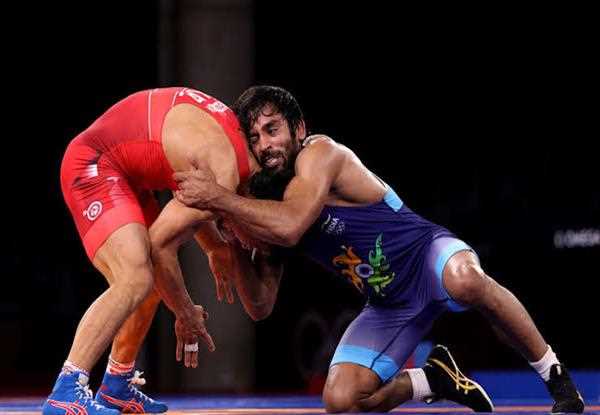The challenges faced by wrestlers in India after retirement are multifaceted and can be attributed to various factors. The concerns faced by wrestlers post-retirement in India.

1. Lack of Financial Security: One of the main reasons wrestlers may struggle after retirement is the absence of a stable income or financial security. Wrestling in India, particularly in traditional forms like kushti, has historically been associated with limited financial rewards. Many wrestlers come from economically disadvantaged backgrounds and may not have the means to build substantial savings or investments during their active careers. As a result, they may face financial difficulties once they retire and no longer have a steady source of income.
2. Limited Sponsorship Opportunities: Wrestlers in India often face challenges in securing sponsorships and endorsements. Unlike popular sports like cricket, wrestling does not enjoy the same level of commercialization and media attention. The lack of exposure and sponsorship deals restricts the financial opportunities available to wrestlers, both during their careers and after retirement.
3. Infrastructure and Training Facilities: While India has a rich wrestling tradition, the infrastructure and training facilities for wrestlers, especially at the grassroots level, may be inadequate. Limited access to modern training facilities, coaches, and specialized equipment can hinder the development of wrestlers. Without proper training and support, wrestlers may struggle to compete at an elite level, limiting their chances of achieving success and financial stability.
4. Post-Retirement Opportunities: Wrestlers may face challenges in transitioning to alternative careers or finding suitable employment opportunities after retirement. The skills acquired through wrestling may not always translate directly to other professions, leading to difficulties in securing well-paying jobs. Lack of awareness and support for post-retirement vocational training or job placement programs specifically tailored to wrestlers further exacerbates the problem.
5. Health and Medical Issues: Wrestling is a physically demanding sport that takes a toll on the body. Many retired wrestlers may face health issues, including joint problems, injuries, and other long-term physical ailments. The cost of medical treatment and the absence of comprehensive healthcare coverage for retired wrestlers can add to their financial burdens.
6. Lack of Social Security and Welfare Measures: Retired wrestlers in India may also struggle due to the absence of dedicated social security and welfare measures. Unlike some countries where retired athletes receive pensions or specific benefits, wrestlers in India may not have access to similar support systems, making it challenging to sustain a decent standard of living.
Addressing these challenges requires a comprehensive approach involving various stakeholders, including sports authorities, government bodies, corporate sponsors, and non-profit organizations. Initiatives such as improving training infrastructure, promoting wrestling as a commercially viable sport, establishing post-retirement support systems, and providing financial literacy and career counseling to wrestlers can help alleviate the difficulties faced by wrestlers after retirement. Additionally, promoting a culture of holistic athlete development, including education and skill diversification alongside sports training, can contribute to the long-term well-being of wrestlers in India.